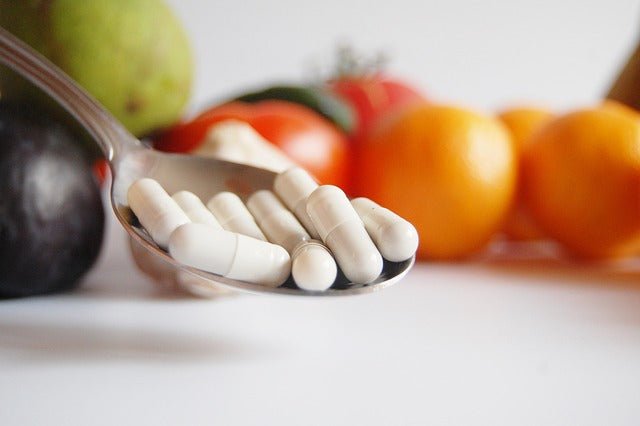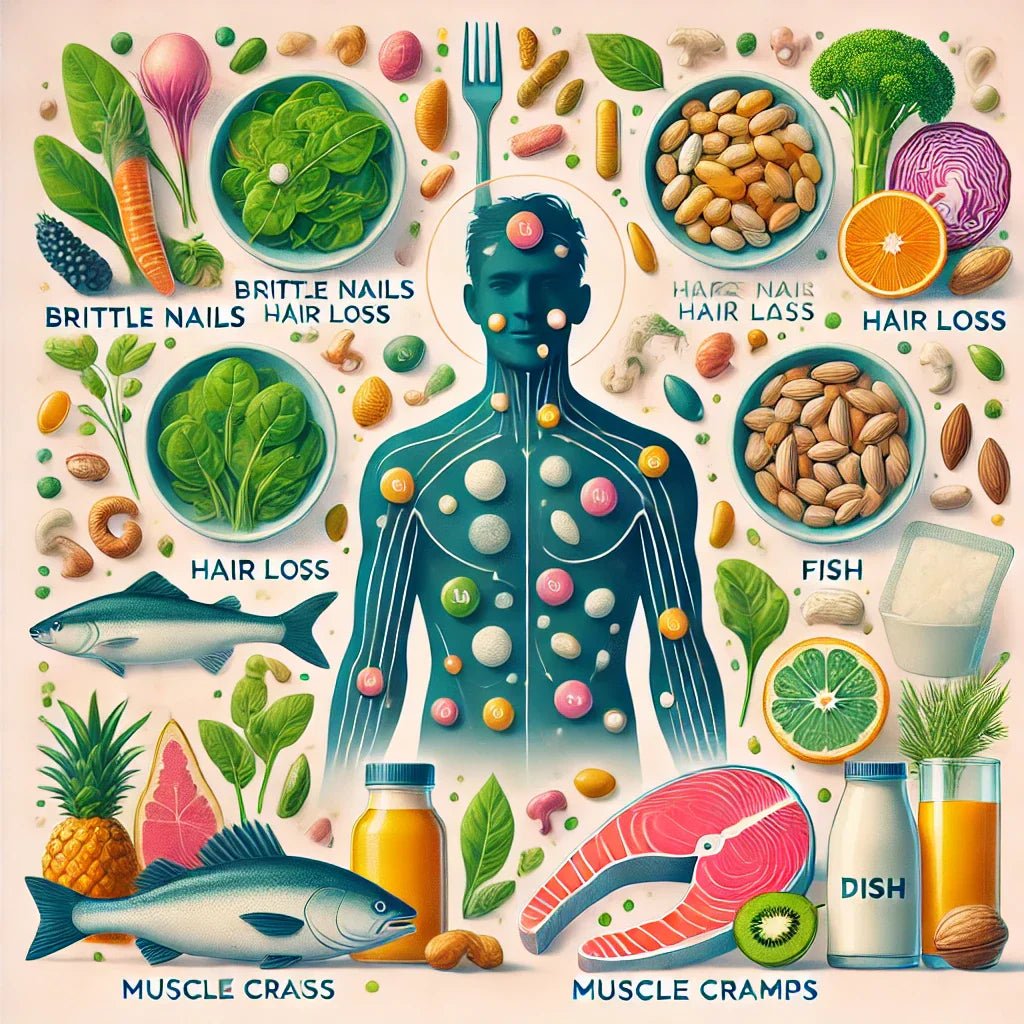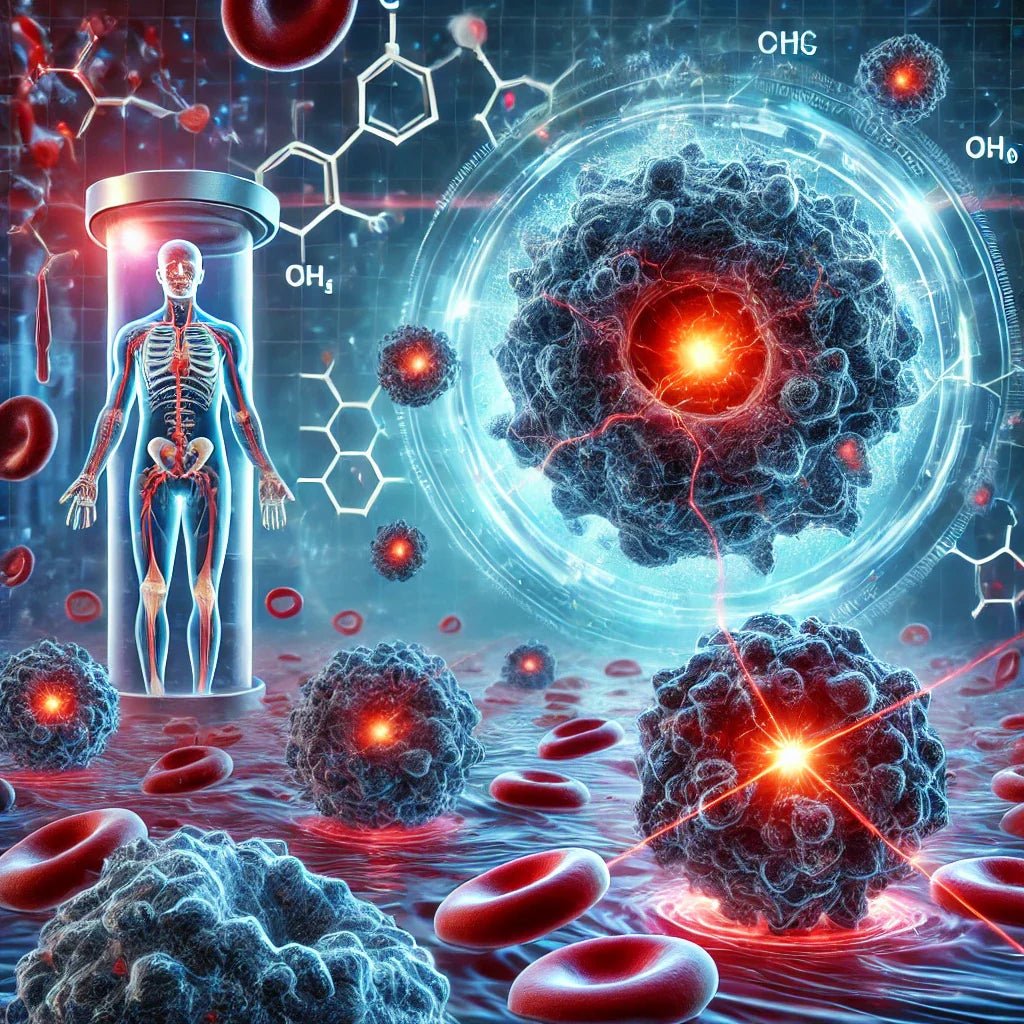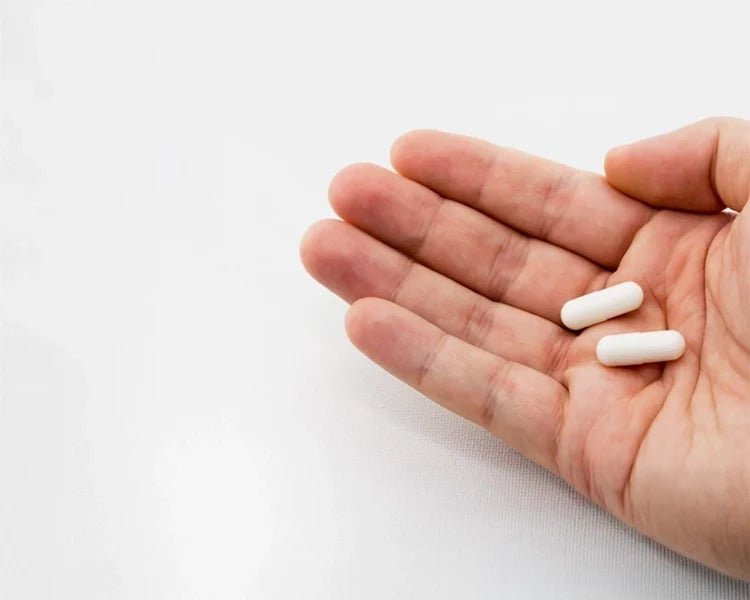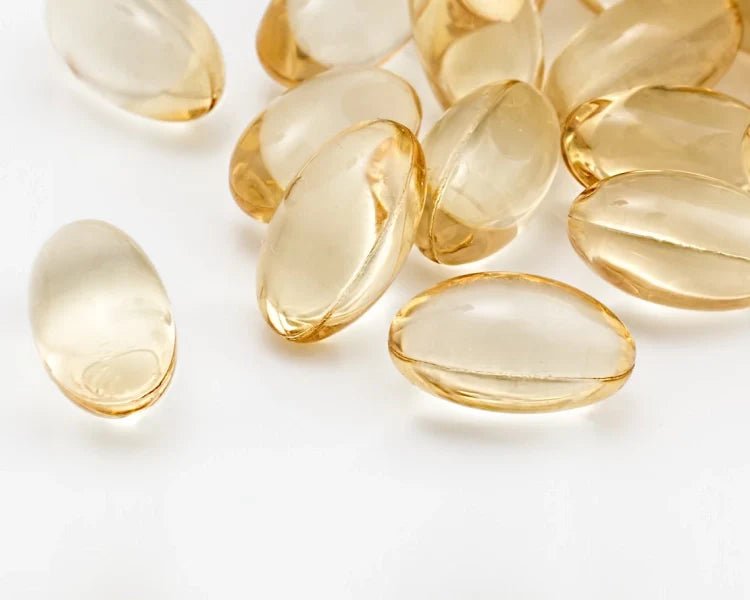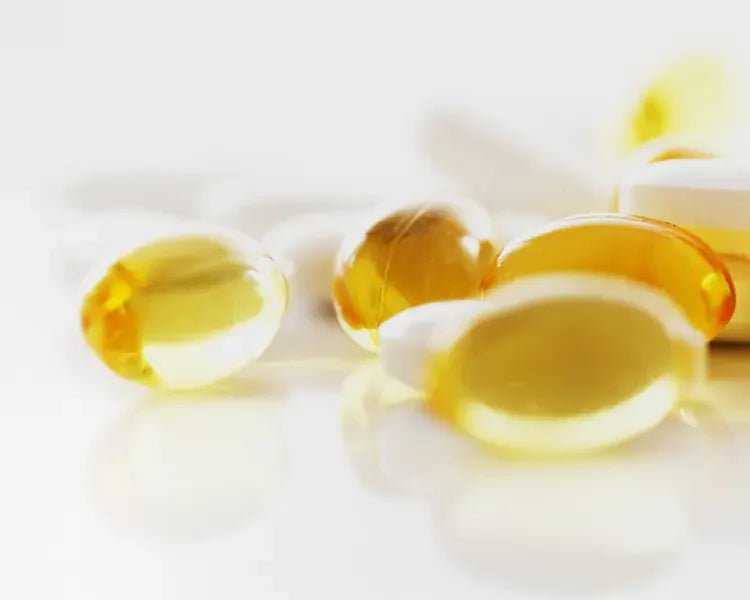Selenium is a trace mineral in the human diet. There is also little knowledge in society about the impact of this element on human health. It is definitely not as popular as magnesium or zinc, although it is equally necessary in our diet. Humanity became aware of the existence of selenium over two centuries ago, when it was isolated by the Swedish chemist Jacob Brezelius. What more do we know about him now? First of all, it is an essential component of enzymes involved in oxidation-reduction processes and cytochrome, thanks to which it protects cell membranes, and therefore the cells themselves, against oxidative stress. Hence its beneficial effect on the immune system.
People suffering from any thyroid disorder have certainly come across information about its key role in the metabolism of this gland's hormones. The problem of male infertility allowed us to draw attention to the role of selenium in proper spermatogenesis, where this ingredient is necessary for the formation of sperm with proper structure and the desired motility. Less known properties of selenium include its influence on the proper functioning of the muscular system, including the heart muscle. They are so important that in regions of the world exposed to extreme deficiencies of this element, we are dealing with a specific cardiomyopathy (Keshan disease). We will also find information confirming the impact on the low birth weight of newborns whose mothers were deficient in this microelement. There are interesting reports about the effect of selenium on the nervous system, where deficiencies manifest themselves in mood declines. And finally, related to the antioxidant effect, it influences the development/inhibition of some cancer diseases, e.g. prostate, lung or colon cancer.
Selenium deficiency may manifest itself through:
- hair loss and brittle nails,
- nervous system disorders (low mood, depression),
- fatigue,
- weakness of skeletal muscles and heart muscle,
- weakened immunity,
- thyroid abnormalities,
- male fertility disorders.
Where to look for selenium?
The element is taken from the soil by plants, which become food for herbivorous animals. Theoretically, both animal and plant food can be its source. Foods recommended for deficiencies are most often: offal (kidneys), eggs, dairy products, sea fish, mushrooms, garlic and Brazil nuts. The latter, generally considered to be the richest source, obviously do not come from our region, and when buying them we may not be 100% sure whether they actually come from areas rich in this element. In practice, in Polish latitude, we deal with low selenium content in the soil, which results from the geographical location. The rocks from which the soil is formed in our native areas are very low in selenium. Additionally, the acidic nature of these soils makes it difficult for plants to absorb the said mineral.
Supplementation may be the solution to replenish the deficiencies. The preparations available on the market include both organic forms (l-selenomethionine) and inorganic forms, e.g. sodium selenate. The daily recommended intake of selenium for adults is 55 mcg. However, supplements may contain a dose almost four times higher, up to 200 mcg. When supplementing selenium, it is worth remembering that it is a trace element for humans, which means that there is a small difference between a therapeutic and toxic dose. Therefore, despite potential deficiencies, when deciding on supplementation, it should be used very carefully, in accordance with the dictum of Paracelsus Everything is poison and nothing is poison. Only the dose makes a substance not a poison.
Marta Wcześniak
BIBLIOGRAPHY:
- Piotrowska "Content of selenium in cultivated soils of Poland", Roczniki Gleboznaczne T XXXX, No. 1, Warsaw 1984
- Golonko, B. Matejczyk "Two faces of selenium, selected aspects of the biological activity of selenium" Civil and Environmental Engineering 9 (2018)
- Ratajczak, M. Gietka-Czemel "The role of Selenium in the human body" Advances in Medical Sciences 2016 XXXIX(12)
- Resolution No. 7/2021 of the Team for Dietary Supplements of 28/10/2021
